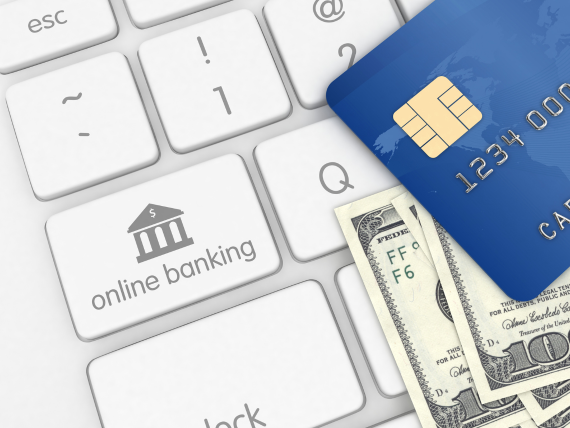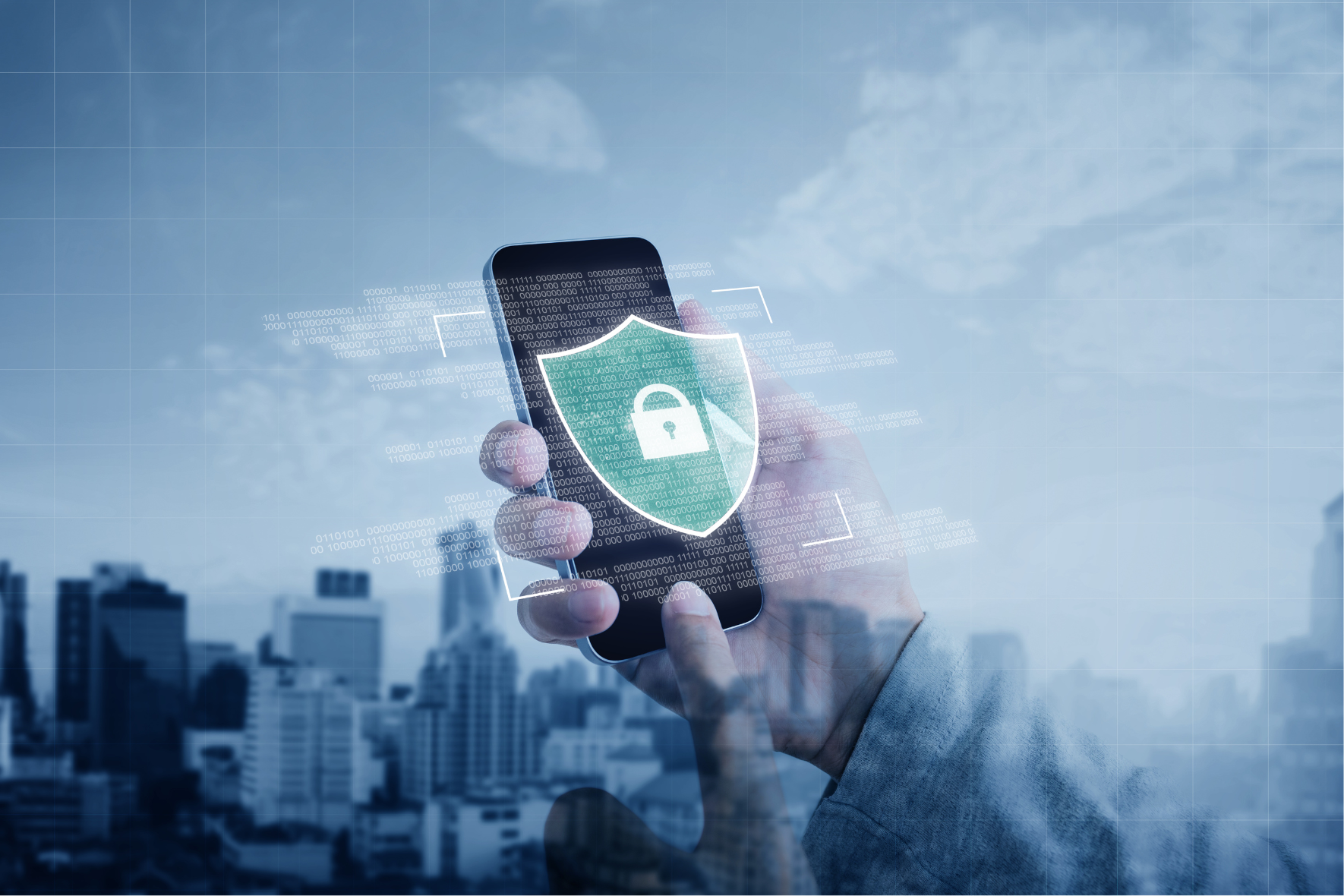Why is Internet Safety Important?
Executives face a distinct set of internet security issues in the current digital era. From identity theft to financial crime, cybercriminals are constantly coming up with new ways to exploit vulnerabilities. Internet safety is crucial for protecting your money and reputation.
So, why is internet safety so important in today’s world? Let’s look at the primary reasons:
Financial Security
Executives and businessmen are great targets for financial scams and fraud since their financial information and investments are sensitive. Cybercriminals exploit this weakness by deploying sophisticated strategies such as phishing emails and investment scams to deceive unwary consumers.
To reduce these financial risks, company owners must implement solid online safety measures. This involves setting up two-factor authentication on all financial accounts, verifying the legality of any potential investments before contributing funds, and staying cautious of unwanted calls and emails asking for sensitive information. Taking a cautious and watchful attitude to online financial transactions is critical for protecting one's hard-earned assets and the financial security of the organization.

Data Protection
A breach of data that compromises sensitive financial and personal data can be disastrous. It can destroy customer trust and result in significant financial fines. Companies must emphasize online safety by installing strong cybersecurity safeguards to protect sensitive data. This includes encrypting critical data, implementing robust access controls, and routinely updating security software.
Privacy Concerns
Executives must be cautious about the information they post in public forums, industry events, and other internet venues. Seemingly insignificant facts about corporate tactics, financial performance, or personal actions might be cobbled together by astute observers to get illegal insights.
Taking advantage of privacy-enhancing tools and techniques, such as secured channels of communication, private browsing, and encrypted virtual private networks (VPNs), will help secure vital company and individual data. These approaches aid in the development of a further level of security, ensuring that private data remains inaccessible to malicious individuals.
Safeguarding Company Operations
Cyberattacks carry an enormous risk to the sustainability and stability of company operations. These fraudulent attacks occur in a variety of forms, from data breaches and ransomware outbreaks to distributed denial-of-service (DDoS) attacks that confuse and interfere with key infrastructure. The consequences of such cyber incidents can be severe, leading to extended downtime, financial losses, as well as serious harm to the company. An effective cybercrime can have an enormous financial effect, such as delaying company operations, affecting the supply chain, service to clients, and productivity as a whole, damaging the company's bottom line.
To reduce these threats, companies must set up an extensive set of internet security measures, which includes advanced firewalls and systems for intrusion detection that monitor and block suspicious activity, along with strict restrictions on access and encryption protocols to protect sensitive data.
Maintaining Brand Reputation
A cyberattack that compromises consumer data or interrupts corporate operations can have serious consequences for a company's brand reputation. Such incidents have the potential to quickly erode the customer trust and irreparably damage a company's hard-earned reputation, particularly in the digital age where information moves quickly and customer trust is vital. This can result in a decline in sales, a decrease in market share, and trouble drawing in new customers. Companies that fail to conform to strict privacy and security standards could be subjected to considerable penalties and fines from government agencies and industry monitors, aggravating the reputation and financial consequences.
In order to prevent these risks, companies must prioritize creating comprehensive means of communication to inform clients about data privacy and security procedures, as well as promptly responding to any security issues with empathy and sincerity. Furthermore, utilizing third-party certifications and industry-recognized security standards can help to strengthen the organization’s reputation as a trustworthy and reliable partner.
Prioritizing internet safety allows companies to secure their financial assets, sensitive data, privacy, operational continuity, and brand reputation. Investing in strong online security measures is a proactive step in mitigating the different dangers offered by the digital landscape and preparing the company for long-term success.

